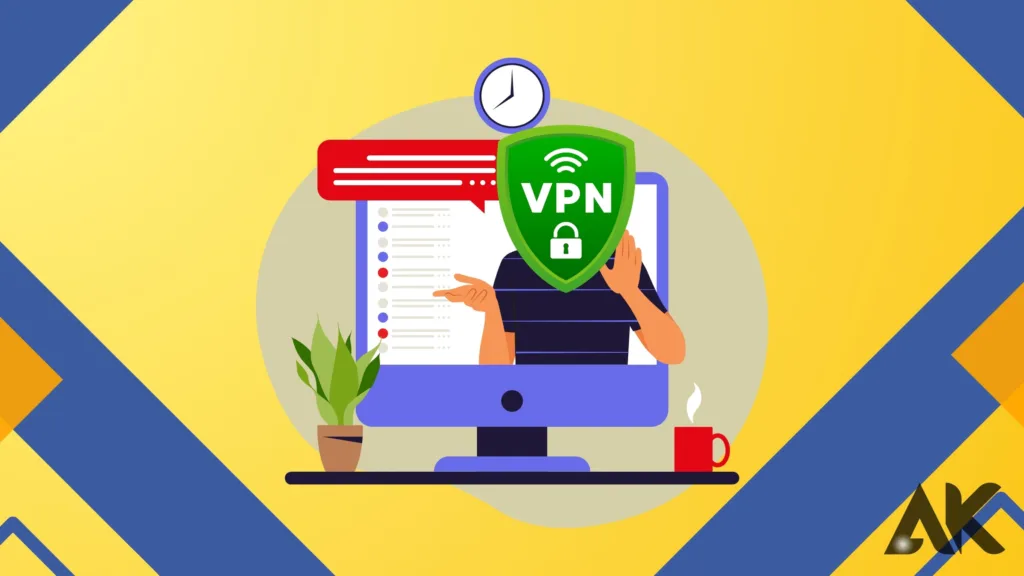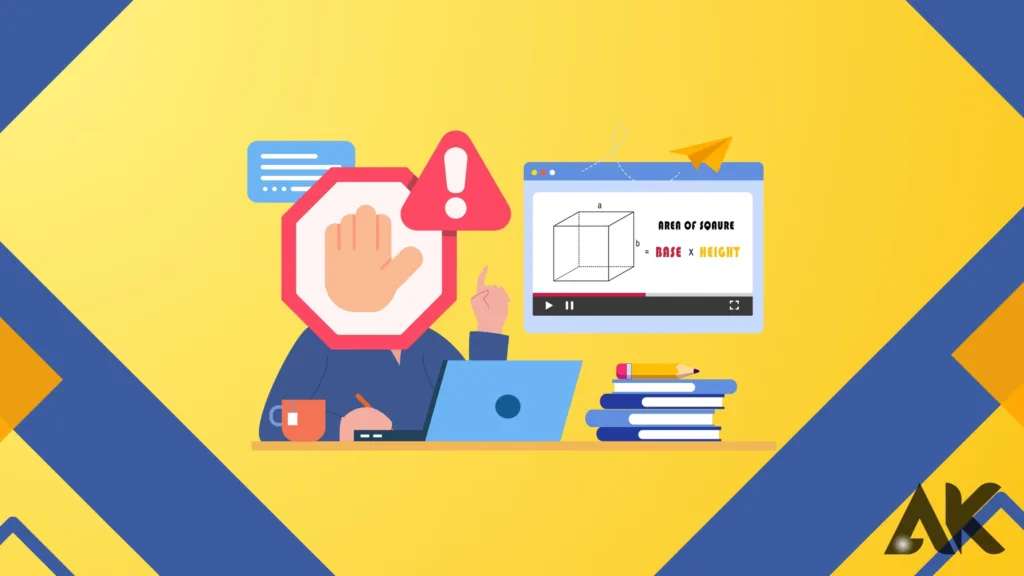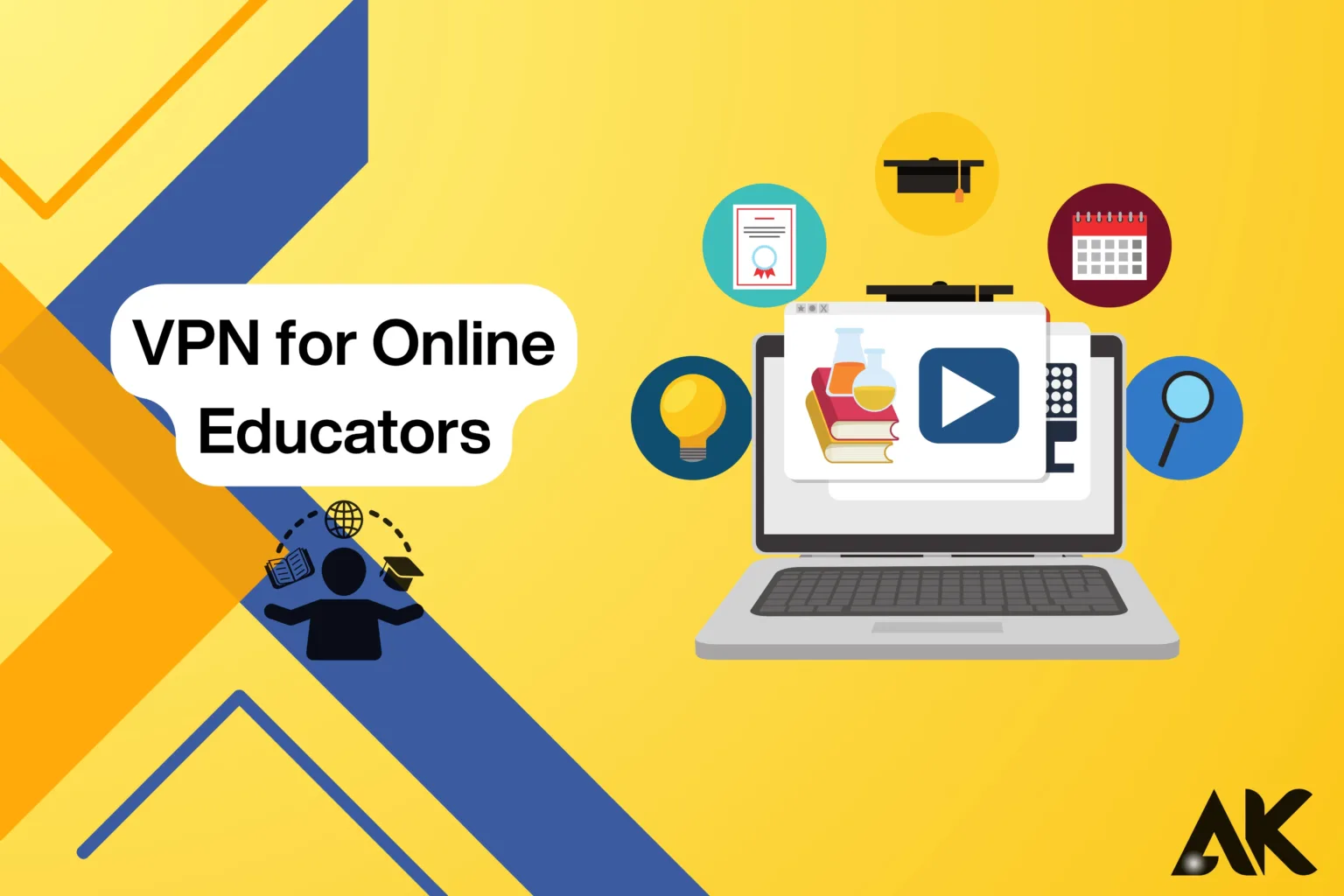Do online educators need a VPN? Absolutely! A VPN for online educators is a game-changer, offering security, privacy, and access to restricted content. Teaching online comes with challenges like cyber threats, geo-restricted resources, and data privacy concerns. A VPN helps educators bypass these hurdles by encrypting their connection and safeguarding their personal data.
This blog will explore 10 powerful benefits of VPN for online educators, from protecting sensitive information to ensuring seamless access to global content. Whether you’re conducting virtual classes, accessing blocked websites, or safeguarding student data, a VPN is an essential tool. Stay ahead in the digital teaching space with enhanced security, unrestricted learning materials, and a smooth online experience. Let’s dive into why every online educator should consider using a VPN!
What is a VPN, and Why Do Educators Need It?

A Virtual Private Network (VPN) encrypts internet traffic, ensuring a secure and private browsing experience. It hides your IP address, making online activities anonymous. For online educators, a VPN provides:
- Privacy: Keeps your personal and student data safe from hackers.
- Access: Unblocks restricted educational content and learning platforms.
- Security: Protects against cyber threats and unauthorized access.
Now, let’s dive into the 10 powerful benefits of VPN for online educators.
1. Enhanced Online Security

Online educators deal with sensitive student data, course materials, and personal information. A VPN adds an extra layer of security by encrypting internet traffic, preventing cyber threats like:
- Hacking attempts targeting personal and professional data.
- Phishing attacks that steal login credentials.
- Data breaches that expose student records.
2. Protects Personal Privacy

Teaching online often means logging into multiple platforms, making educators vulnerable to tracking. A VPN for online educators keeps your browsing history private and prevents:
- ISPs from tracking online activity.
- Third-party advertisers from collecting data.
- Unwanted surveillance from hackers.
3. Access to Geo-Restricted Educational Content
Many online courses, research papers, and teaching tools are blocked in certain regions. A VPN allows educators to bypass geo-restrictions and access:
- Educational websites and research papers.
- Streaming services with global documentaries.
- Online teaching tools restricted in some countries.
Table: How VPN Helps in Accessing Geo-Restricted Content
| Geo-Blocked Content | Without VPN | With VPN |
| Research papers | Blocked in some regions | Accessible from anywhere |
| Video lectures | Limited to specific countries | Unlocked worldwide |
| Teaching platforms | Restricted in some areas | Full access from any location |
4. Safe Use of Public Wi-Fi
Public Wi-Fi in cafes or co-working spaces is often unsafe, exposing online educators to cyber risks. A VPN ensures:
- Encrypted data transmission.
- Protection from hackers on unsecured networks.
- Secure login to LMS and video conferencing platforms.
5. Unrestricted Access to Teaching Platforms
Some countries restrict access to platforms like Zoom, Google Meet, or Microsoft Teams. With a VPN, educators can:
- Host online classes without interruptions.
- Access cloud-based teaching tools from anywhere.
- Avoid network restrictions at schools or institutions.
6. Avoid Bandwidth Throttling
Internet service providers (ISPs) often slow down speeds during high-traffic hours. A VPN for online educators prevents bandwidth throttling by:
- Hiding internet activity from ISPs.
- Ensuring a stable connection for live classes.
- Providing smooth video streaming for lessons.
7. Secure Communication with Students
Educators exchange emails, video calls, and messages daily. A VPN ensures secure communication by:
- Encrypting emails and student records.
- Protecting online discussions from hackers.
- Ensuring confidential student-teacher interactions.
8. Better Online Experience with Multiple Server Locations
VPNs allow educators to connect to different server locations, leading to:
- Faster internet speeds.
- Optimized connection for online teaching.
- Access to global educational events and webinars.
9. Prevents Cyberbullying and Doxxing
Online educators can be targets of cyberbullying or doxxing (exposure of private details). A VPN helps by:
- Hiding personal information from attackers.
- Preventing IP tracking by malicious users.
- Ensuring anonymity while teaching online.
10. Cost Savings on Online Tools and Subscriptions
Some online teaching tools and software offer different prices based on location. A VPN helps educators:
- Find cheaper subscription rates for teaching platforms.
- Access region-specific discounts on e-learning tools.
- Save money on premium educational resources.
Conclusion
A VPN for online educators is more than just a security tool—it’s an essential asset for privacy, unrestricted access, and seamless online teaching. From protecting sensitive data to unlocking global educational content, a VPN enhances the entire online teaching experience.
Whether you’re a tutor, professor, or course creator, using a VPN ensures a secure, private, and efficient teaching environment. Stay safe, access global knowledge, and teach without restrictions with a VPN!
Would you like to find the best VPN for educators? Let us know your needs, and we’ll guide you to the perfect option!
FAQS
Q1. Why do online educators need a VPN?
A. A VPN for online educators ensures privacy, secures student data, and allows access to geo-restricted teaching resources, improving online teaching experiences.
Q2. How does a VPN protect student data?
A. A VPN encrypts internet traffic, making it difficult for hackers to intercept or access sensitive student information during online interactions.
Q3. Can a VPN improve my internet connection for teaching?
A. Yes, a VPN can reduce latency and improve connection speeds, ensuring smoother video calls and better overall performance during virtual lessons.

